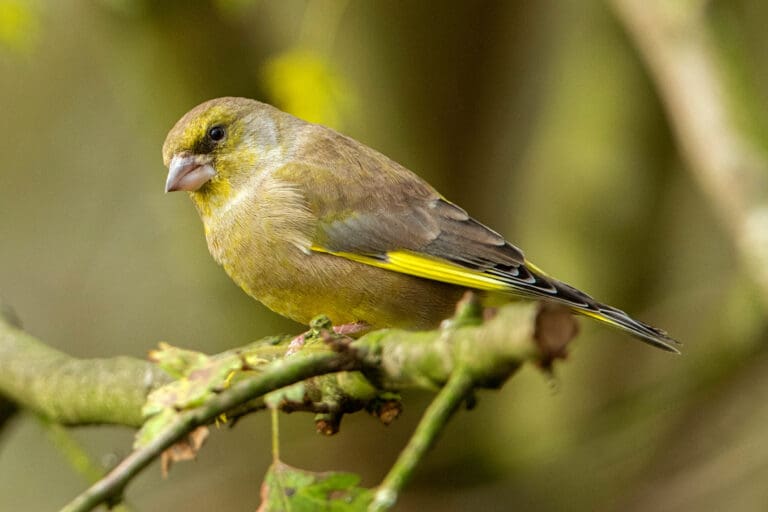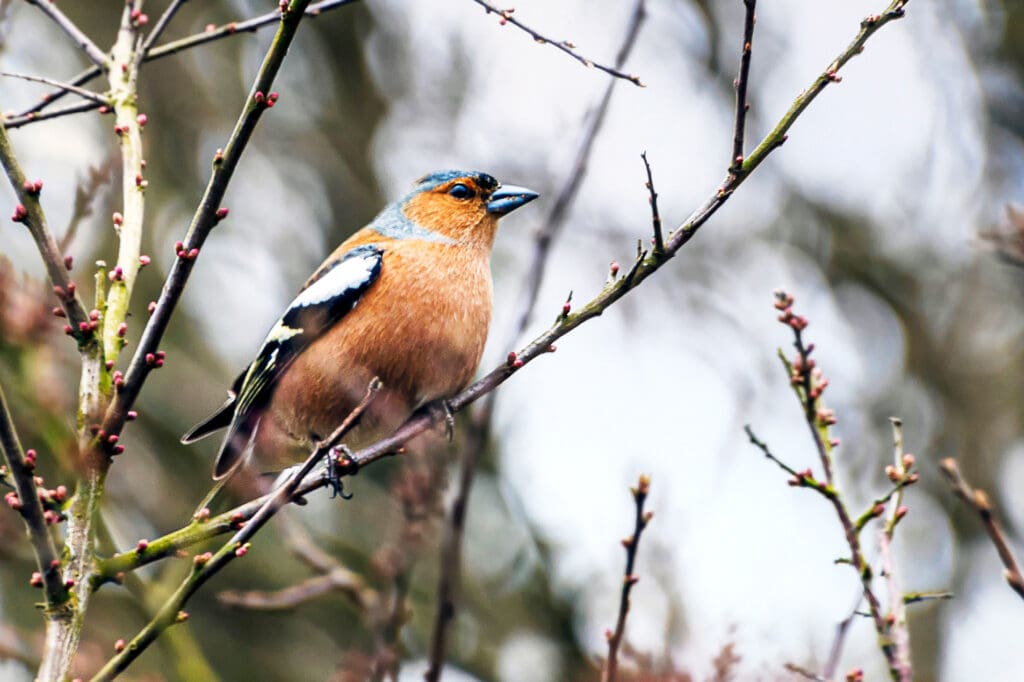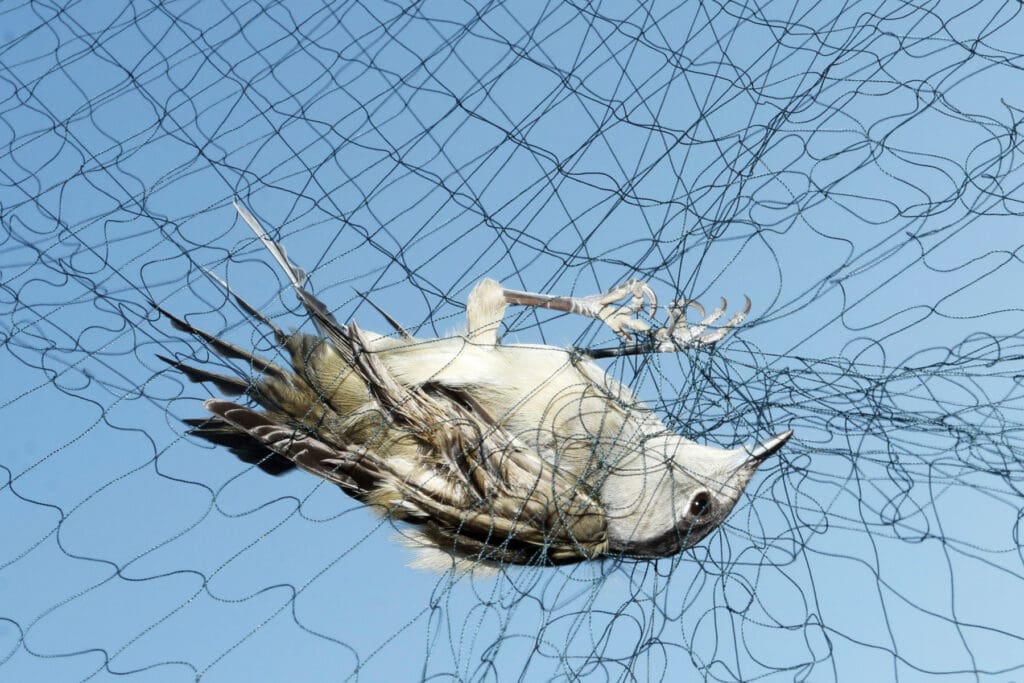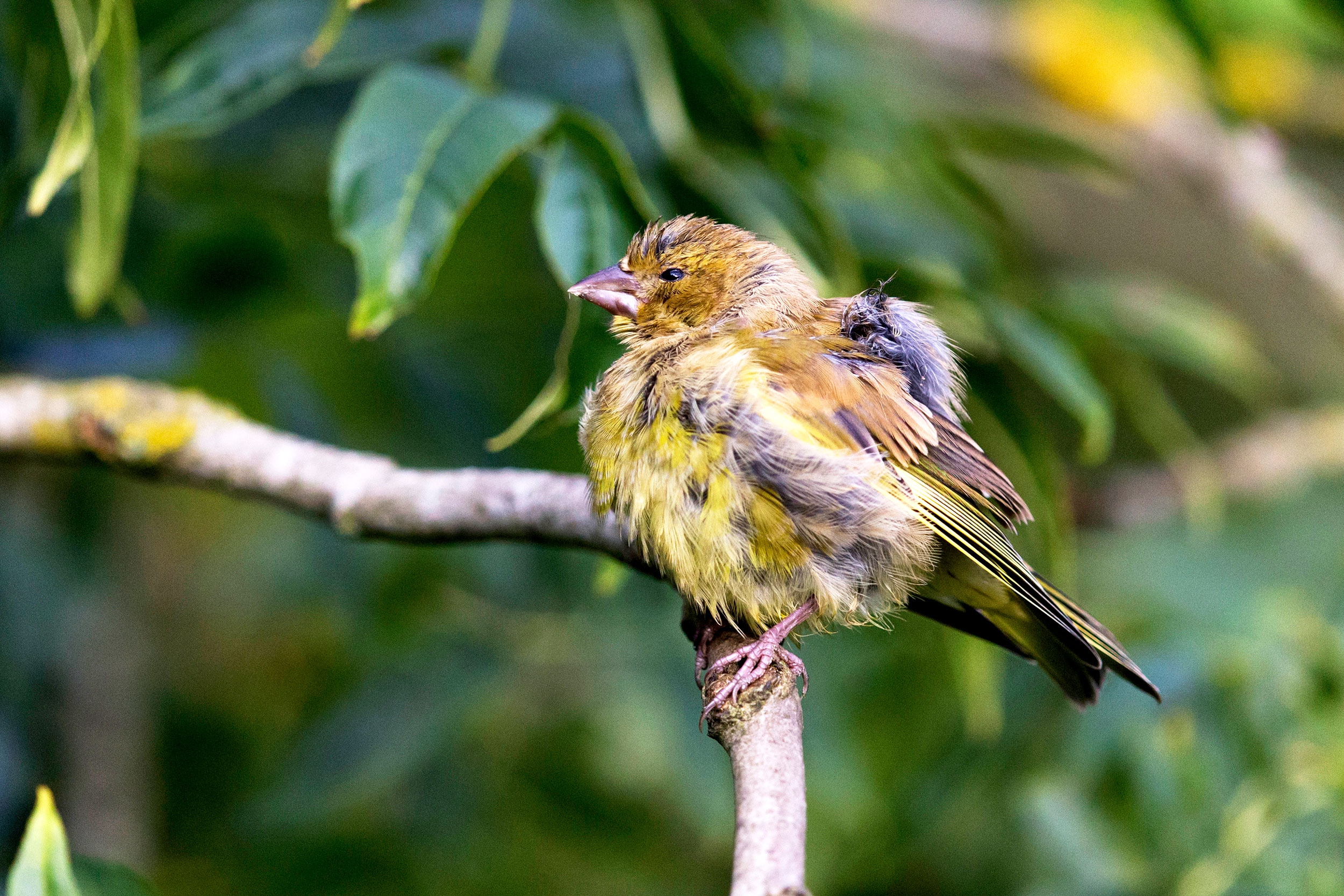Your assistance is needed to help scientists understand how the disease Trichomonosis, which has affected UK populations of birds including Greenfinches and Chaffinches, is spread in gardens.
This disease, caused by a protozoan parasite, forms lesions in the gullet, making swallowing food or water difficult.
An infected bird often appears ‘fluffed up’, lethargic and reluctant to fly; it may also have food stuck around its bill.
The parasite may be spread via regurgitated food and fresh saliva, both directly – for example, by a parent feeding its young – and indirectly, by consuming contaminated food or water. That’s why it’s important to clean and disinfect feeders and water baths regularly.
The new study involving RSPB scientists aims to understand how the parasite is transmitted.
If you see two or more dead birds or sick individuals displaying these symptoms in your garden, please do this: before cleaning feeders and baths, please report the incident via gardenwildlifehealth.org – the website also provides tips for preventing and controlling disease outbreaks. A project team member will then contact you to take more details and provide information about how to join the study.
Thank you!
Our garden bird health expert Sian Denney gives advice on keeping your garden visitors safe and healthy. Video: @RSPBvideo

Keep your garden birds healthy
Here are a few ways you can help prevent the spread of Trichomonosis:
1. Wear gloves and wash your hands after filling or cleaning feeders, tables or baths.
2. Change water and remove uneaten food daily.
3. Clean and relocate feeders at least once a week.
4. If you see sick or dead birds, stop feeding for two to four weeks or until there are no further signs of disease.
5. Report sick or dead garden wildlife to gardenwildlifehealth.org

Healthy Greenfinch. Photo: Ben Andrew (rspb-images.com)
You might also like

Comment: When it’s us vs them, who will win?

Your questions – spring/summer 2024



